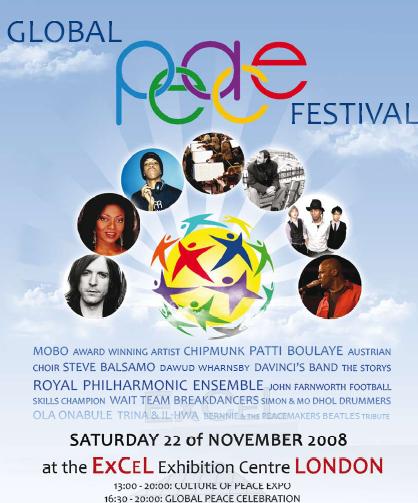As well as religion, this blog has a couple of other on-going areas of interest. One of these is the issue of free speech, in particular the use of libel law in the UK to suppress unwelcome criticism and investigation. British libel law puts the burden of evidence on the defendants, defendants cannot get legal aid (usually), and although damages are not as absurdly high as they were a few years ago, legal costs can be so devastating that often it is not worth the risk of defending a case.
It is not just the wealthy who take advantage of this: libel action threats can be made quite cheaply if you have a friend or ideological ally who’s a sympathetic lawyer – thus Paul Staines was able to cause trouble for Tim Ireland thanks to help from a Young Tory lawyer named Donal Blaney (just one example among others from the pseudo-libertarian right).
Presiding over many cases is Mr Justice Eady, a man who has been described by Lord Hoffman as “hostile” to responsible journalism in the public interest. Although his judgements are not uniformly bad (he threw out a case brought by the BNP against Searchlight), many of his decisions are worrisome.
The latest Private Eye (1224 p. 7) magazine carries details of a preliminary hearing in a libel case being brought by newspaper owner Richard Desmond against author Tom Bower. Desmond is one of the more unsavoury characters in British public life, and Bower is writing a biography of him. That hasn’t been published yet, but Bower did reference Desmond in his biography of Conrad Black (Conrad and Lady Black: Dancing on the Edge), in which Desmond is accused by using his Daily Express to publicise Black’s financial problems as revenge against his rival. Black sued for libel and the Express was forced to settle, but Desmond takes exception to Bower’s claim that he had interfered with the editorial policy of his paper.
This was in the news last year, and the Guardian reported that
Mr Justice Eady ordered Bower to pay £10,000 towards legal costs…
The Eye reports that in a hearing last week Bower presented evidence that Desmond does indeed interfere with the paper’s editorial policy: persons such as Mohamed Fayed and Sir Philip Green had received favourable coverage at Desmond’s behest, and Ulrika Jonsson had been on the end of negative coverage after she sold her memoirs to a rival newspaper. Other examples were also raised. However:
Mr Justice Eady agreed with [Desmond’s barrister Matthew Nicklin] that there was no broader implication: the story in Bower’s book was “not capable of a general meaning”…[The] luminaries were duly struck out of the defence pleadings, because they weren’t relevant to the allegation about Black.
Fortunately for Bower, he has other evidence that Eady has allowed, and which will be deployed at the trial next year. But it is surely worrying to see so much dismissed before the trial has even got underway.
Filed under: Uncategorized | 3 Comments »





